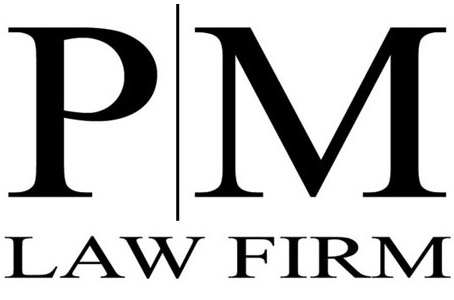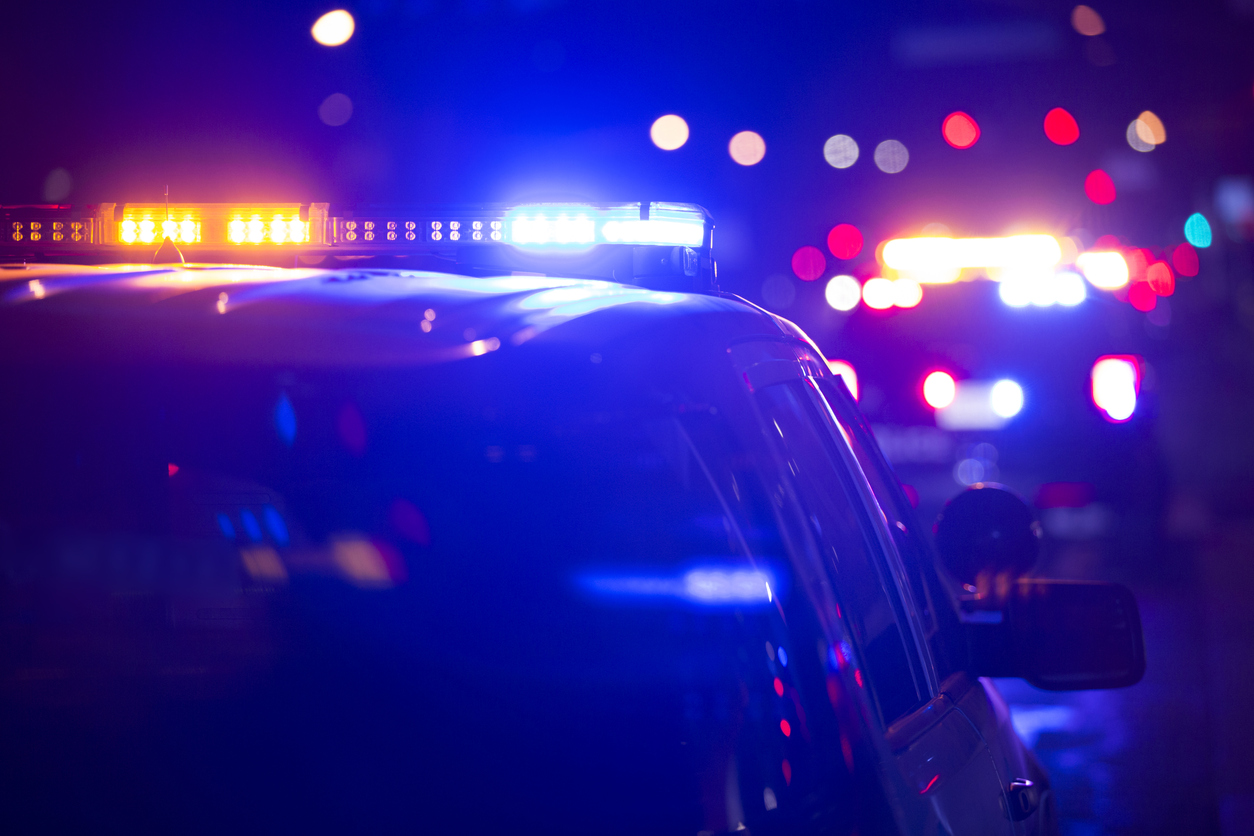The police are supposed to assist you in the event of a car accident, but they’re not immune to crashes themselves. Unfortunately, people sometimes find themselves involved in an accident where a police car collides with their vehicle. Being in an accident is scary and stressful, and it can be incredibly overwhelming if your collision involves a police car. However, keeping calm and following the proper steps immediately after the accident will ensure that you stay safe and receive the compensation you deserve.
In some ways, the proceedings after a police car accident are the same as you’d experience in any collision. There may be some key differences to be aware of, though. Here are five steps you should take if a police car hits you:
Prioritize your safety
No matter what happened or who was involved in the collision, your top priority is the safety of yourself and your passengers. The aftermath of a car accident is stressful, but staying calm will help you stay safe and avoid further injuries.
First, try to take a couple of deep breaths to calm down your nervous system. Then, check yourself and your passengers for injuries. Adrenaline may prevent you from feeling pain from an injury, so it’s essential to do a visual scan of your body to make sure you’re unharmed. After a severe crash, if there is any chance that you have sustained a spinal injury, wait for first responders to assist you in exiting the car.
If possible, move your car away from traffic to stay safe when you leave the vehicle. If you can’t drive your vehicle, make sure traffic is stopped before you get out. It’s natural to want to get out of your car as soon as possible to see the damage, but this could put you at severe risk.
Call 9-1-1
Some people think they don’t need to call 9-1-1 if they’re hit by a police car because an officer is already on the scene. Another officer must report to the crash, though, to make an unbiased report of what happened. Hopefully, the police officer who hit your car will call for another officer to be dispatched to the crash along with paramedics if someone is hurt.
If the officer tells you that calling 9-1-1 is unnecessary, you should place a call anyway. Making a police report at the accident scene can help your case if you pursue damages in the future. The officer who arrives on the scene will talk to you and the others involved in the crash to understand what happened completely. They’ll take pictures of the scene or draw a diagram to demonstrate what occurred during the accident.
When you give your report, try to stick to the facts. Tensions are often high after a collision, and you may feel especially stressed if you were involved in a police car accident. Focus on what happened before and during the crash instead of speculating about what may have caused the crash.
Document the accident
Getting as much documentation as possible can be the key to fighting a case if you were involved in a police car accident. The officer who arrives at the scene of the crash should create a report of the incident. As soon as possible, visit the police station to pick up a copy. Read through it to ensure that the details are correct, and try to get in touch with the officer if they need to amend a mistake in the report.
If the accident was minor with no apparent injuries, an officer might not report to the scene. Unfortunately, if the officers on duty are responding to more urgent calls, you may have to speak to them later to file the report. In this case, it’s essential to document as much as you possibly can from the accident.
As long as it’s safe to do so, take pictures of your vehicle, the police car, and the scene of the crash after the collision. Photos of the damage can help those involved in your case understand what happened. If anyone else witnessed the crash, ask them for their account of the events. You can even get their contact information to follow up with them if you need more details. If the accident happened near a business, you could reach out to the business owner to see if they have security cameras that may have recorded the event.
Collecting documentation is essential after the accident as well. If you reach out to the police to follow up about your report, keep a record of your interactions. If you receive medical treatment due to an injury, keep all of the paperwork your doctor gives you.
No matter who was involved in your collision, getting documentation is essential. When your car is hit by a police car, collecting proof of what happened is particularly important. Proving negligent or reckless behavior from a police officer is more complicated than proving it from the average person, but having the photos, videos, or paperwork to support your claims will help.
Speak to your insurance provider
Handling a police car accident claim can be complicated. While on the job, police officers are usually covered by the city’s insurance instead of a traditional auto insurance policy. However, your car insurance provider should be on your side throughout this process. If your policy includes collision coverage, this should pay for the damage to your vehicle after you pay your deductible.
Resolving the claim after the accident may take longer than usual if you’re hit by a police car. The police department’s insurance company may even file a claim against your insurance. Proving fault can be more difficult in these situations, so the dispute between insurance providers may be lengthy. Using your collision policy to repair or replace your vehicle is probably the most accessible course of action.
Hire an attorney
Consulting a lawyer is almost always necessary if you were hit by a police car. The police department has more funding and resources than the average driver, so they have plenty of opportunities to fight your claim. An attorney can advise you on the best course of action, depending on the unique circumstances of your collision. They may recommend that you file a claim with your insurance provider and do nothing further, or they may suggest that you file a suit against the police department to collect damages.
If you have medical bills, lost wages, or other financial hardship due to the accident, your lawyer will help you receive compensation. Filing a civil suit against a police department can be a stressful and time-consuming process, but it’s necessary if the collision financially impacts you. Your attorney will use all of the available evidence to prove that the officer acted negligently and that you were not at fault for the accident.
Determining Fault in a Police Car Accident
Determining fault for a collision is rarely straightforward, but it can be even more complex than usual for a police car accident. In some situations, police are authorized to disobey traffic laws. For example, if an officer ran a red light and then hit your car, they may or may not be found at fault.
Different states have different laws about emergency vehicles. Generally, though, police are exempt from most traffic laws if they’re responding to an emergency and have their lights and sirens on. It may be challenging to pursue damages from your collision in this situation. However, your lawyer will do what they can to help you resolve the problem. Attorneys can sometimes prove negligence even if the officer was responding to an emergency call.
If the officer were not driving to an emergency or did not use their lights or sirens, you’d have a stronger case if you filed a suit. Police are not exempt from traffic laws if they don’t have a valid reason to drive recklessly. If the court finds the officer at fault for the crash, you may be able to receive compensation for your medical bills, lost wages, vehicle damage, and pain and suffering.
Managing the aftermath of a car accident is never easy, and being hit by a police officer can be an even more challenging situation. Like with any collision, your priorities should be to keep yourself safe and collect the event’s documentation. The legal steps you might take to recover damages can be different if a police car is directly involved with the crash, though. If you have any questions or concerns about your accident, consult with an attorney before taking action.

